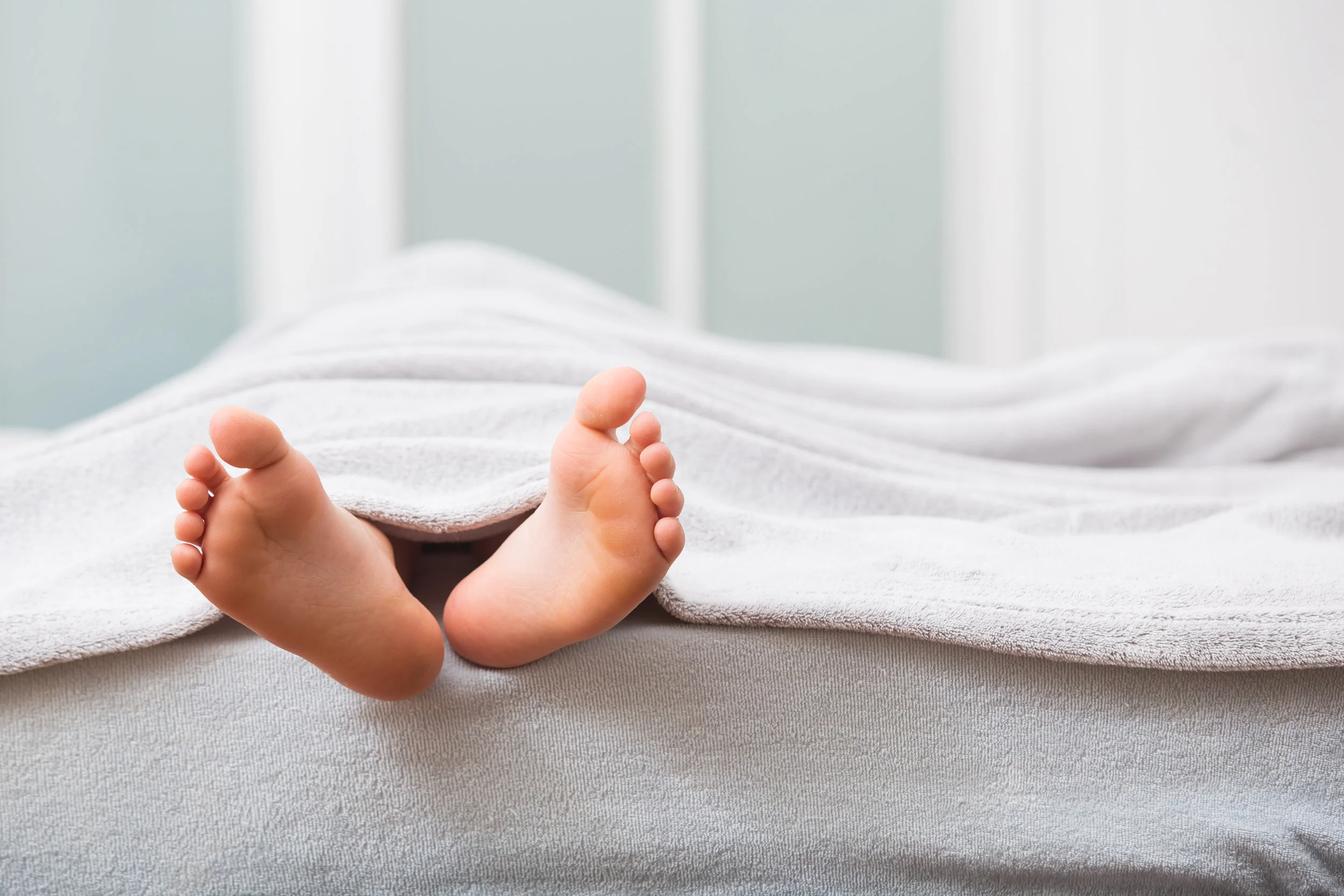Sleep & your Circadian Rhythms
I talk about sleep a lot and the health and wellness industry generally is starting to have more conversations about the importance of sleep. It is such a simple thing when it is going right for people but when it is not working it is absolutely miserable to be walking around sleep deprived, wanting to sleep but not being able to get a good night sleep and it can really impact our health, happiness, memory and learning as well as our weight and ability to lose weight if that is a goal.
From time to time my sleep gets impacted and I can wake at 3am and clock watch for the rest of the night but I have learnt that for me it is a symptom of something else needing to be attended to, something I am worrying about or something which is on my mind, something I need to do which I haven’t yet got my mind in the place to do it – once I figure out what is going on for me then usually it gets back into its proper routine.
We all have unique patterns of sleep and they change with our stage in life from most of the day as very small babies, to staying up later as teenagers (and wanting to wake later) to 2 phase sleep as an older adult with the amount of time in very slow wave deep sleep shortening with age.
Some of us jump around a lot as we enter sleep and then of course there is problem of snoring or having a partner who snores (not mentioning anyone in particular!) which can really disrupt both theirs and others sleep. Heavy snoring should always be investigated to rule out sleep apnea and their unfortunate partner might find ear plugs a benefit.
Some people swear by a nap in advance of nights out but actually all the research shows that unless you have insomnia, that naps can really disrupt your sleep pattern and if you really need one then keep it under 30 minutes so that you don’t start to enter deeper sleep .
Sleep Hygiene habits are good to develop and here is my favourite list of things which work for me but remember that insomnia is not something that is cured by normal sleep hygiene recommendations but all the research shows that it responds pretty well to a structured program of CBT-I which is cognitive behavioural therapy for sleep (not what you might understand as CBT).
One of the best regulators of your circadian rhythms (which help regulate your awakeness and sleep) is daylight so any day you can get outside is a help as well as helping you get some Vit D – if you like camping then a weekend of camping is just the thing to help reset your internal clock.
Blue Light at night tells your Pineal gland to stop emitting Melatonin which we need for sleep so I know you have heard it before but seriously, what are the devices doing in your room?
Magnesium – Can help sleep, a good quality spray to rub into legs and arms just before bed.
Warm bath or hot water bottle – Your body responds to the heat to lower its temperature so you start to have better sleep conditions as it prefers to be cooler.
Blackout blind – sleep in total darkness is best.
Ear plugs – if you are a light sleeper or have a partner who snores, invest in a pair.
One of the best things you can do to keep your circadian patterns in synch is to maintain a regular sleep schedule. This means getting into bed and up at roughly the same time every day including your weekends. You should also ensure that you get outside especially early morning when the sun is starting to rise -our sleep CPU programming is helped by external cues like light and dark.
If you tend to wake in the middle of the night very suddenly, this can be a sign of elevated Cortisol levels causing stress, this is an article for another day but we have written lots on managing stress and if you need help check our articles.
I have often been asked what can you do if you are on the night shift and the truth is that it is very hard on the body to be on night shift, it is completely contra to the way we are wired. All well and good for those of us not having to do it for work so I always suggest you should consider eating well before or as early into the shift as possible or even eating very lightly until back in day light hours (Ideally do not eat between midnight at 6am) Avoid caffeine during the night shift and supplement with Vitamin D. Try and get exercise in too to give you all the help you can get as all the evidence says that the body finds it very difficult to remain healthy If under conditions of constant night shift.
I have always been fond of an early night, getting into the bed all nice and warm with a good book and when I was young and still living at home, I loved to read often into the late hours until I had the book read. Nowadays as a parent I treasure my sleep even more and I rarely stay up late watching TV as I would much rather be in bed getting some rest or reading a book I am enjoying. Either way, make sure you are giving your body the respect it deserves with some decent sleep for health happiness and recovery or seek help if you are having trouble.

